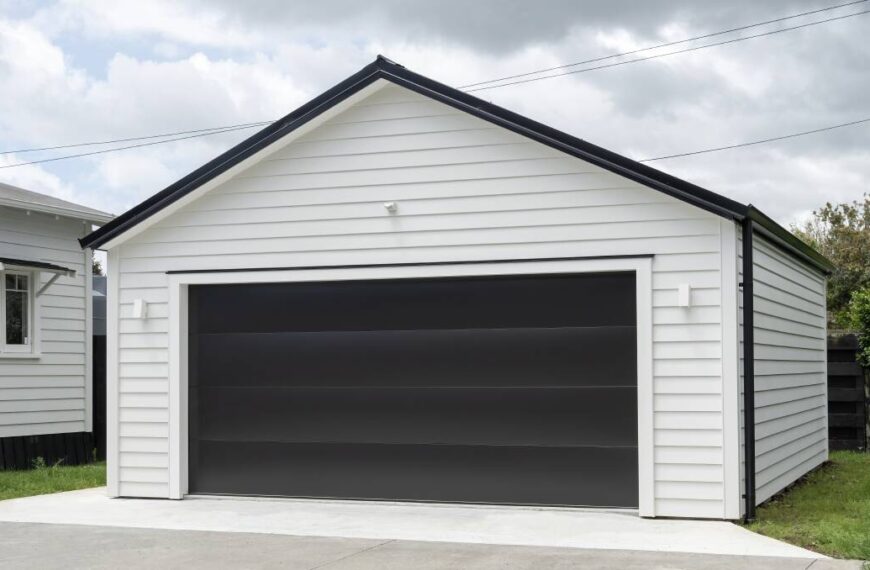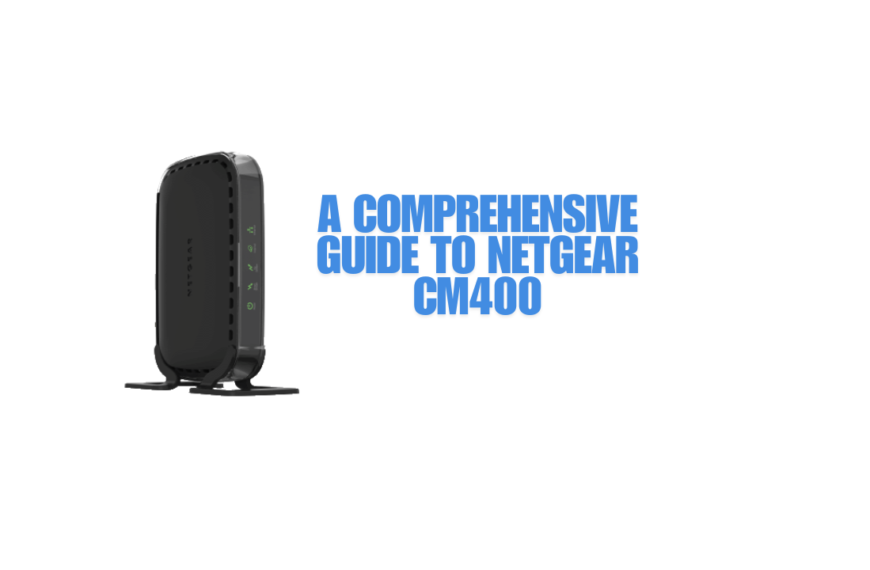Finding the perfect place to call home often involves navigating the complex world of housing options. For many, the dream of owning a house may feel out of reach due to financial constraints or lifestyle circumstances. Saving for a house deposit is no small feat—it requires consistent effort, discipline, and time. Unfortunately, rising property prices and the ever-increasing cost of living can make this goal seem daunting, especially for young professionals, students, or individuals in transitional phases of life.
This is where rental properties come into the picture. Renting offers an alternative that allows you to secure a home without the immediate need for a hefty deposit. However, it is not without its trade-offs. Renting might be the ideal solution for flexibility and convenience, but it can also come with financial and logistical challenges that shouldn’t be overlooked.
Understanding the advantages and disadvantages of renting is essential to making an informed decision. By weighing the pros and cons, you can determine whether renting aligns with your current lifestyle and long-term goals. This article will delve into the benefits and drawbacks of rental properties, helping you decide if it’s the right choice for your situation.
Pros of Renting a Property
Renting a property offers several advantages that cater to a wide range of lifestyles and situations. These benefits make renting an appealing choice for those seeking convenience, flexibility, and less financial responsibility compared to homeownership.
Flexibility in Rental Terms
One of the most significant advantages of renting is the flexibility it provides. Whether you’re a student, a professional on a short-term work assignment, or someone who enjoys the freedom to relocate, renting allows you to tailor your living arrangements to your unique needs.
Short-term commitments like 6-month leases are perfect for those in transitional phases, such as university students who may return home during summer breaks or individuals exploring new career opportunities in different cities. Rolling contracts, which continue on a month-to-month basis after an initial fixed period, are ideal for those who value the ability to move with minimal notice. For individuals looking for more stability, yearly leases offer consistency without the long-term commitment of homeownership.
This level of adaptability makes renting particularly advantageous for people whose circumstances may change, such as relocating for work or taking time to save for a house deposit. It ensures you’re not tied down to a single property or location, providing freedom to adjust your living situation as your needs evolve.
No Responsibility for Maintenance
Another appealing aspect of renting is the reduced responsibility for property upkeep. As a tenant, you are not financially or physically responsible for repairs or maintenance issues. This means that if your heating system fails in the middle of winter, the landlord—not you—is responsible for arranging and covering the cost of repairs.
Landlords typically address issues related to the structure of the building, plumbing, electrical systems, and major appliances included in the rental agreement. Many landlords also work with property management agencies to ensure repairs are handled promptly and professionally. If something goes wrong, tenants can simply report the issue, and the landlord or property agent will organize the necessary repair work, saving time and effort.
This aspect of renting can significantly reduce stress and expenses, as you’re not required to allocate funds for unexpected home repairs. It’s a particularly attractive benefit for those who may not have the expertise or financial resources to manage maintenance independently.
Cons of Renting a Property
While renting offers flexibility and reduced maintenance responsibilities, it’s not without its downsides. These challenges often make tenants reconsider their long-term goals and financial priorities. Understanding the drawbacks of renting is crucial to making an informed decision about whether it aligns with your needs and aspirations.
Paying Rent as “Dead Money”
One of the most common criticisms of renting is that it’s often seen as “dead money.” Unlike mortgage payments, which contribute to building equity in a home, rent payments offer no long-term financial return. Each month, the money you pay simply covers your right to occupy the property, often contributing to your landlord’s mortgage or income instead of creating value for you.
Over time, these payments can add up significantly. For instance, if you rent a property for several years, the cumulative cost could easily equal or surpass what you’d need for a house deposit. This realization can be disheartening for those striving to secure their financial future, as the money spent on rent doesn’t bring them any closer to owning a home.
In contrast, owning a property allows you to direct monthly payments toward a mortgage, which gradually reduces the amount you owe and builds equity in the property. This financial growth is one of the primary reasons many individuals prioritize saving for a house deposit and aim to transition from renting to homeownership as soon as possible.
Risk of Landlord Selling the Property
Another significant downside of renting is the uncertainty it can bring. Even if you are a model tenant who pays rent on time and takes excellent care of the property, your living arrangement could be disrupted if your landlord decides to sell. This is particularly common in competitive housing markets, where property values can rise quickly, tempting landlords to cash in on their investments.
When a landlord chooses to sell, tenants are often required to vacate the property. Although there are legal protections in place such as a required notice period that typically ranges from 1 to 2 months this situation can still be unsettling and inconvenient. Finding a new rental property, organizing a move, and adjusting to a new living environment can be both time-consuming and stressful.
To prepare for this possibility, it’s essential to review your tenancy agreement carefully and ensure you understand the terms regarding notice periods. Maintaining an emergency fund can also help mitigate the financial burden of an unexpected move.
Read more: The Risks of Working in Real Estate
Conclusion
Choosing between renting and buying a home is a significant decision that depends on your personal circumstances, financial goals, and lifestyle preferences. Renting offers undeniable advantages, such as flexibility in lease terms and freedom from maintenance responsibilities, making it an excellent choice for those in transitional phases or prioritizing convenience. However, it also has its downsides, including the lack of equity building and the uncertainty of tenancy due to potential landlord decisions.
By carefully considering the pros and cons of renting, you can make an informed choice that aligns with your current needs and long-term objectives. Whether renting serves as a stepping stone toward homeownership or a practical solution for your lifestyle, understanding both sides of the equation ensures you’re prepared for what lies ahead. Remember, the right housing option is one that supports your goals and offers you stability and peace of mind.

















